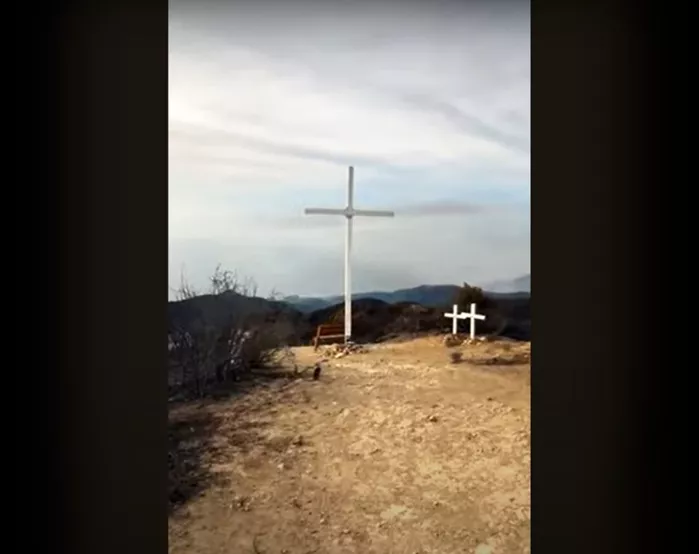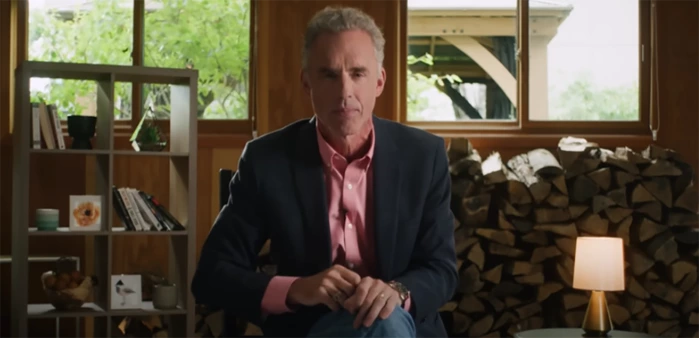Former President Donald Trump has called for an immediate ceasefire regarding the ongoing conflict in Ukraine, urging Russian President Vladimir Putin to take action. Though Trump isn’t scheduled to officially take office until later this month, his push for peace underscores his active engagement in international matters even as he transitions back into a prominent political role.
During a televised interview on NBC’s “Meet the Press,” Trump expressed that he is indeed working towards an end to the war, stating, “I am.” This comes amidst discussions that took place over the weekend in Paris with both French and Ukrainian leaders. Following these discussions, Trump revealed on his Truth Social platform that he believes Ukraine and President Volodymyr Zelenskyy would like to negotiate and put a halt to the ongoing violence. He emphasized the importance of immediate negotiations and a ceasefire.
Trump, who is no stranger to expressing contentious viewpoints, has also suggested that the U.S. might reconsider its NATO commitments, warning that a withdrawal from the alliance is a “possible” scenario. In the interview, he stated, “If they’re paying their bills, and if I think they’re treating us fairly, the answer is absolutely I’d stay with NATO.” However, he indicated that if he perceived injustice in financial contributions from other member nations, he would contemplate disengaging from the alliance.
These declarations have sent waves of concern through Ukraine and among its allies, particularly those in the national security sector of the U.S. The proposed reduction of military aid was met with alarm, as U.S. assistance remains crucial for Ukraine as it faces ongoing Russian aggression.
Trump’s previous national security adviser, retired Lt. Gen. H.R. McMaster, cautioned against the naive perception that diplomacy with Putin could yield quick resolutions to the conflict. He expressed skepticism about Trump’s approach, advocating instead for a stance of “peace through strength.” The gravity of the situation is underscored by pressing military developments: reports indicate that Russian forces are intensifying their offensive in eastern Ukraine, further complicating the landscape for negotiations.
Kyiv’s response to Trump’s overture was measured, with Zelenskyy describing his weekend discussions with Trump as “constructive.” However, he emphasized the need for a “just and robust peace” that ensures long-term security for Ukraine, pointing out the risks of any temporary agreements lacking solid guarantees.
Meanwhile, Kremlin spokesperson Dmitry Peskov reiterated Russia’s openness to negotiations, referencing Ukrainian official decrees that may complicate dialogue given the current geopolitical tensions. The dynamics of these discussions highlight the intricacies of international diplomacy amid escalating conflict.
Trump’s remarks have ignited reactions across the spectrum, showing that the path to peace is fraught with complexity and concern. With NATO’s future in question and U.S. foreign policy potentially shifting under a new administration, many will be watching closely to see how these evolving narratives shape international relations in the coming months.







Leave a Reply